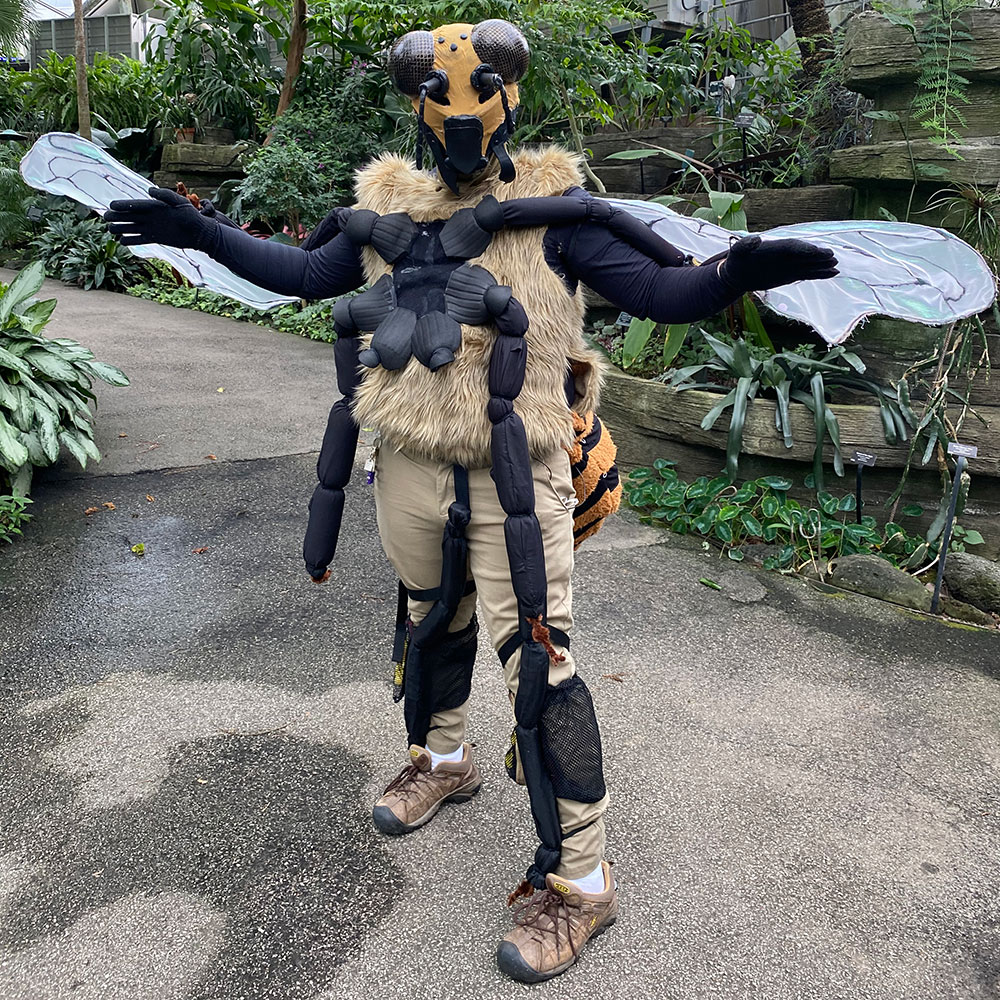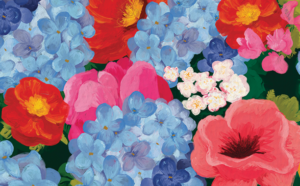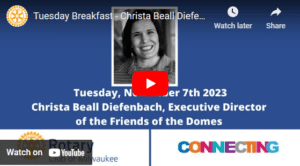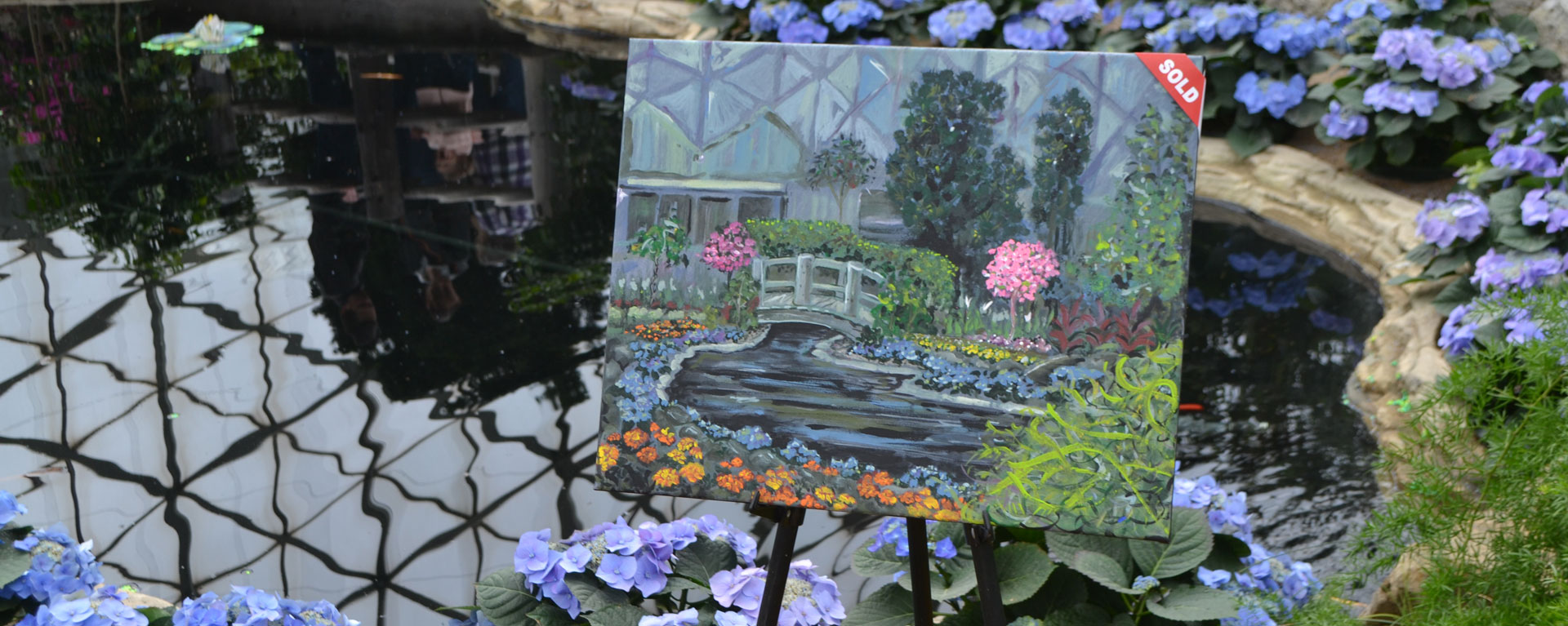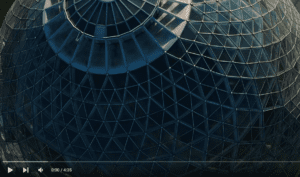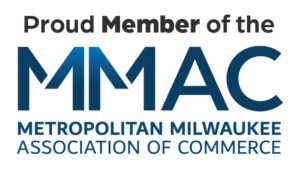Thank you for your interest in a Domes field trip! Through our virtual field trips, Virtual Science Live!, your class will have the opportunity to travel virtually to the Domes. Mr. Pete, with his seemingly never ending supply of props, songs, stories, and puppet pals, explores various science topics. These experiences take place completely virtually (either instructor-led or on-demand), with our interpretive educator leading a 40-60 minute lesson.
Our engaging field trips are great for schools, Scout organizations, after-school programs, home schools and any other youth-serving organization. These sessions are appropriate for students ages K5 through fifth grade. Note that on-demand lessons are geared toward students K5-5th grade.
Live virtual field trips are available year-round, Monday through Friday.
Virtual Field Trips FAQs
Fees for Virtual Field Trips
- Live Small Groups (1-15 students): $95
- Live Large Groups (16-35 students): $135
- Pre-Recorded: $75
Note: The Friends of the Domes works to ensure that all groups have access to these wonderful learning opportunities. Scholarships are available. Indicate your interest in a scholarship when completing the field trip interest form.
Other Important Information
- Field trips must be scheduled at least three weeks in advance.
- A final head count and payment are due one week prior to the field trip.
- Rescheduling the field trip due to extenuating circumstances is possible. No refunds given for cancellations within 5 days of the scheduled field trip.
- Refunds due to technical difficulties will be discussed on a case-by-case basis.
Virtual Field Trips Options
OPTION #1: POLLINATORS, UNITE!
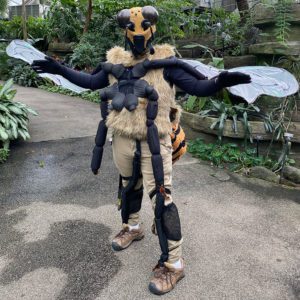
Meet Honey B. as she explains the diversity of pollinators and flowers. Lead Interpretive Educator, Mr. Pete, will lead your group in the game show, “Who’s Your Pollinator?” All this and much more as we explore the importance of pollinators in your backyard and around the world!
This virtual field trip is available as a live (synchronous) or on-demand learning experience. Note that the on-demand version is appropriate for students K5 through 5th grade.
Major Wisconsin Academic Standards for Science and Health Standards Met:
Science: Disciplinary Core Ideas (DCI) – Life Science 1 (LS1), Life Science 2 (LS2), Science: Disciplinary Core Ideas (DCI)
Standards Extended:
- Standard SCI.LS1:A.1 All organisms have external parts that they use to perform daily functions.
- Standard SCI.LS1.B.1 Parents and offspring often engage in behaviors that help the offspring survive.
- Standard SCI.LS1.C.K Animals obtain food they need from plants or other animals. Plants need water and light.
- SCI.LS2.A.2 Plants depend on water and light to grow. Plants depend on animals for pollination or to move their seeds around.
- Standard SCI.LS1.D.2 There are many different kinds of living things in any area, and they exist in different places on land and in water.
- SCI.PS3.D.K Sunlight warms Earth’s surface.
OPTION #2: THE SCIENCE OF MAGIC!
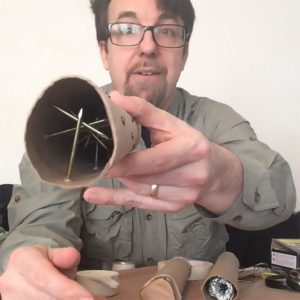
Do you believe in magic?! Do you believe in science?! Lead Interpretive Educator, Mr. Pete, explores all the steps of the scientific method through “magic” and fairies. Uncover the secrets of magic tricks based on science, make and test hypotheses, and explore new ways to conduct science experiments at home!
This virtual field trip is available as a live (synchronous) or on-demand learning experience.
Major Wisconsin Academic Standards for Science and Health Standards Met:
Standard SCI.SEP: Science: Science and Engineering Practices
Standards Extended:
- Standard SCI.CC2: Cause and Effect: Students use science and engineering practices, disciplinary core ideas, and cause and effect relationships to make sense of phenomena and solve problems.
- Standard SCI.SEP1-SEP7: Students ask questions and define problems, in conjunction with using crosscutting concepts and disciplinary core ideas, to make sense of phenomena and solve problems. Students develop and use models, in conjunction with using crosscutting concepts and disciplinary core ideas, to make sense of phenomena and solve problems. Students plan and conduct investigations, in conjunction with using crosscutting concepts and disciplinary core ideas, to make sense of phenomena and solve problems. Students analyze and interpret data, in conjunction with using crosscutting concepts and disciplinary core ideas, to make sense of phenomena and solve problems. Students construct explanations and design solutions, in conjunction with using crosscutting concepts and disciplinary core ideas, to make sense of phenomena and solve problems. Students engage in argument from evidence, in conjunction with using crosscutting concepts and disciplinary core ideas, to make sense of phenomena and solve problems.
OPTION #3: FROM SUN TO SUGAR
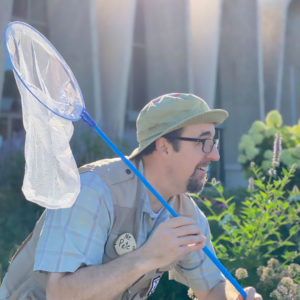
Everything is connected! Discover how energy and matter flow through an ecosystem! Why are plants green? Who eats whom? Through fun, humor, and lots of enthusiasm, Lead Interpretive Educator, Mr. Pete, and his puppet pals will take you on a journey of the energy cycle!
This virtual field trip is available as a live (synchronous) learning experience.
Major Standards Met:
Science: Disciplinary Core Ideas (DCI) — Life Science 1 (LS1), Life Science 2 (LS2)
Standards Extended:
- Standard SCI.LS1: Students use science and engineering practices, crosscutting concepts, and an understanding of structures and processes (on a scale from molecules to organisms) to make sense of phenomena and solve problems.SCI.LS1.C: Organization for Matter and Energy Flow in Organisms.
- Science: Disciplinary Core Ideas (DCI) — Life Science 2 (LS2) – Interactions, Energy, and Dynamics within Ecosystems Standard. Students use science and engineering practices, crosscutting concepts, and an understanding of interactions, energy, and dynamics within ecosystems to make sense of phenomena and solve problems.
- SCI.LS2.A: Interdependent Relationships in Ecosystems. SCI.LS2.B: Cycles of Matter and Energy Transfer in Ecosystem.
- Science: Crosscutting Concepts (CC) — Systems and System Models: Students use science and engineering practices, disciplinary core ideas, and an understanding of systems and system models to make sense of phenomena and solve problems.
- Science: Disciplinary Core Ideas (DCI) — Physical Science 3 (PS3) – Energy Standard: Students use science and engineering practices, crosscutting concepts, and an understanding of energy to make sense of phenomena and solve problems.

